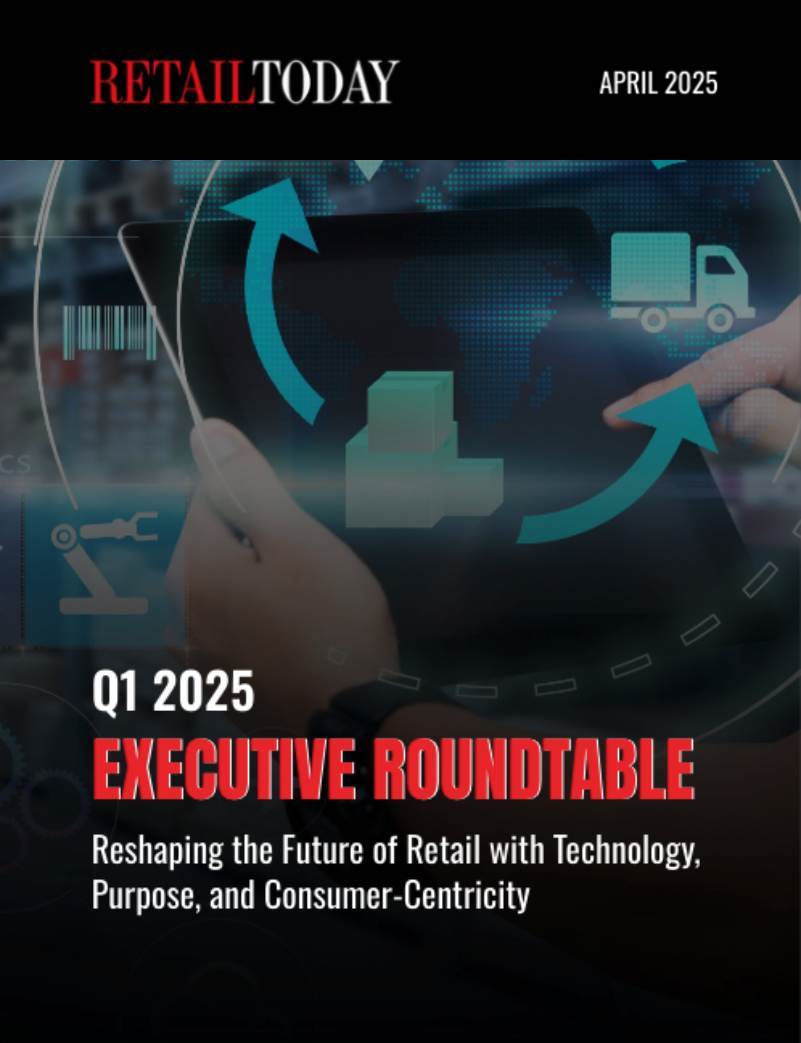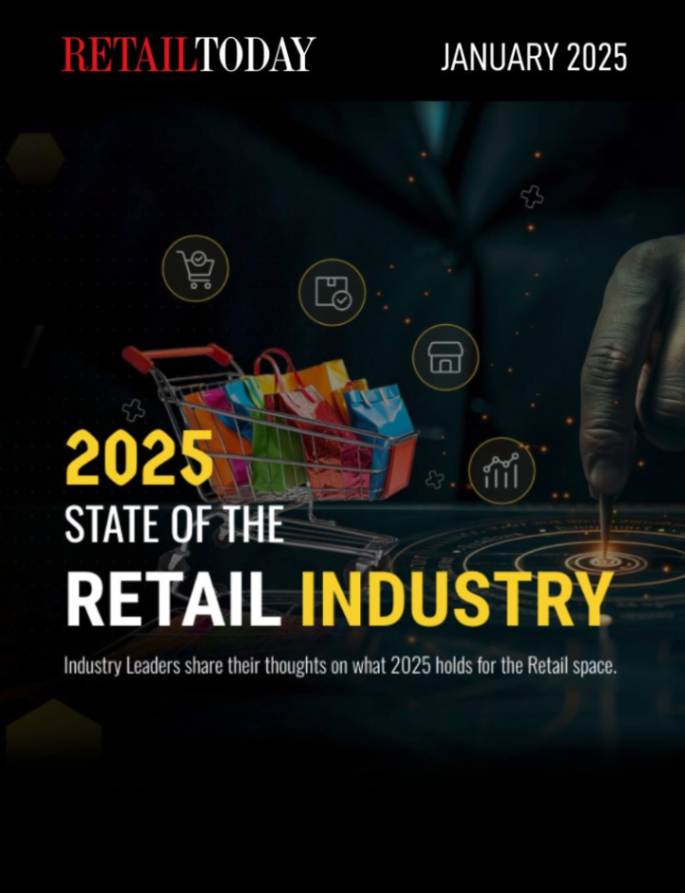
Consumers are feeling the pressure of inflation, and to make their budgets work, they’re switching to value brand products or retail channels all together. In this high pressure economic environment, shoppers are willing to make concessions in favor of saving money.
To retain customer loyalty, established brands need to supplement traditional ad spending with a strategy to influence consumers at the point of purchase. At Ibotta, we believe that cash back incentive programs are the most effective and efficient way to achieve those customer retention goals.
How Did We Get Here?
It’s no surprise customers have prioritized lower prices over brand names in the face of rising costs. Grocery prices are up 11% year over year, despite food commodity prices decreasing.
Between “eggflation” and marked up toilet paper, shoppers have been dealing with soaring costs since 2020. Unable to shoulder this burden any longer, they’re adjusting their purchase behavior.
A recent McKinsey report found 74% of consumers have taken direct action to switch to private label products from name brands in an effort to stretch their dollars. Sixty six percent of consumers are willing to switch brands if they can get a good deal. Fifty nine percent will purchase a different brand if they can get cash back on the product. Brand loyalty is at an all time low.
Welcome to the switching hour.
The Power of Rewards
While this switching trend has been a challenge for CPG brands, the change in consumer behavior opens the door to new opportunities to win back brand loyalty and market share. Below are three proven ways brands can win back their customers from private labels.
- Increase brand visibility across retail giants with performance marketing. These types of campaigns enable brands to seamlessly reach shoppers with cash back offers, both in store and online, across a network of leading retailers. By participating in performance marketing campaigns, brand partners are armed with the latest innovation that drives real, efficient growth. General Mills, for example, saw 35-45% of offer redeemers were new customers or traded up from value brands. Additionally, one deodorant brand saw a 1,067% unit lift and decreased the buy cycle by 70% when activating this strategy. Cash back programs motivate and convert new shoppers, increasing market share and provide a much needed incentive for consumers to stick with a branded product.
- Influence customers at the point of purchase. Rebates and rewards have historically only been executed post-transaction, but that has changed. Now, brand rewards and digital offers can be available to the consumer before they hit the register through mobile apps and web browser extensions. CPG brands need to take advantage of this by partnering with retailers and rewards platforms in order to increase exposure to consumers. By being visible where the customer already is, brands have the opportunity to impact the buying decision on both the physical and digital shelf, resulting in new sales, increased loyalty, and category growth and domination.
- Increase ROI via the pay-per-sale model. CPG advertisers and marketers know many consumers click on a product without making a purchase, making them reluctant to participate in traditional promotions and campaigns with a pay-per-click model. There is an alternative though: the pay-per-sale model. By implementing a pay-per-sale model, companies can alleviate the monetary challenge and justify the dollar investment to leadership. This ‘no-waste’ approach unlocks a greater return on their ad spend, mitigating the risk of cash lost without a purchase. With this alternate strategy, CPG brands can participate in important incentivization promotions, winning back their customers from private label without taking a financial loss.
Consumer switching behavior is a forcing function for brands to abandon antiquated loyalty programs and usher in new rewards programs and strategies that reach the customer where they are, give them a reason to remain loyal, and provide a greater return on the ad spend.
Anna Rabaut Schroeder is Senior Vice President of Client Partnerships at Ibotta, Inc., the largest and fastest growing mobile shopping application in CPG and Retail. Anna’s extensive experience in sales leadership began when she joined General Mills after graduating from Hillsdale College. Later, she would rise to Director of National Sales at Valassis (now Vericast) leading teams responsible for global accounts and exceeding annual revenue goals year over year. With expertise leveraging data, research and analytics, Anna encourages teams to partner with clients on their challenges to deliver highly targeted needs-based solutions.






